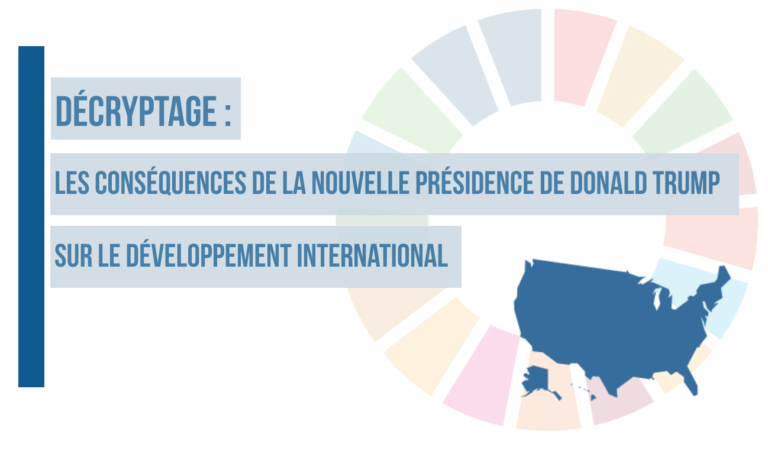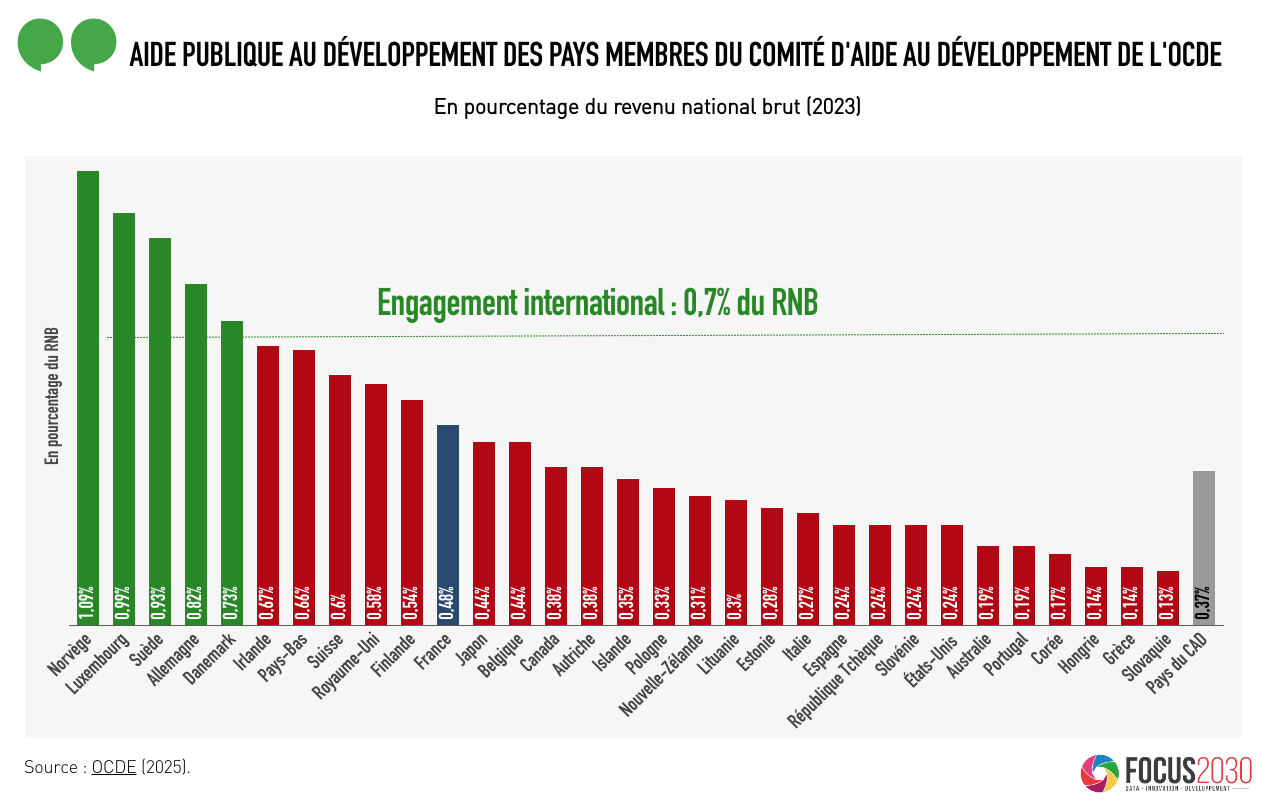“Charity” Vs. “Grants” : French, German, UK and US views on giving money to those in need
Publié le 28/12/2018, modifié le 26/08/2019.
Giving money to help tackle poverty in developing countries wins more approval from US respondents (37%) compared to British (36%) or French (31%) respondents.
The question, as asked, does not specify where the money comes from (i.e. whether a personal donation, or government grant funding), focusing instead on a general sense of whether giving money to poor countries is an effective way of tackling poverty.
French people are also more doubtful (32%) than those in the UK or the US about the usefulness of giving money to combat poverty.
But on the whole, a majority of citizens in all four countries agreed rather than disagreed on the importance to provide funding to developing countries.
When the question is asked more specifically about personal donations, a larger amount of American and British respondents (both at 22%) believed that this was an effective way to combat poverty, compared to 18% for respondents in Germany and 16% for France.
However, 48% of French people, 47% of German people, 51% of British people and 42% of Americans did not think that they personally should have to give their own money to reduce poverty in developing countries. This does not imply criticism of individual generosity – or of providing funding to developing countries in general -rather, it expresses a reluctance to accept any sort of obligation for individual citizens to have to provide such funding, which respondents seemed to feel was the responsibility of their governments.
This data comes from our survey conducted by the YouGov Institute and piloted by the research team at University College London and the University of Birmingham as part of the project Aid Attitudes Tracker which measures the evolution of opinions and behaviors on issues of international solidarity in four countries.











